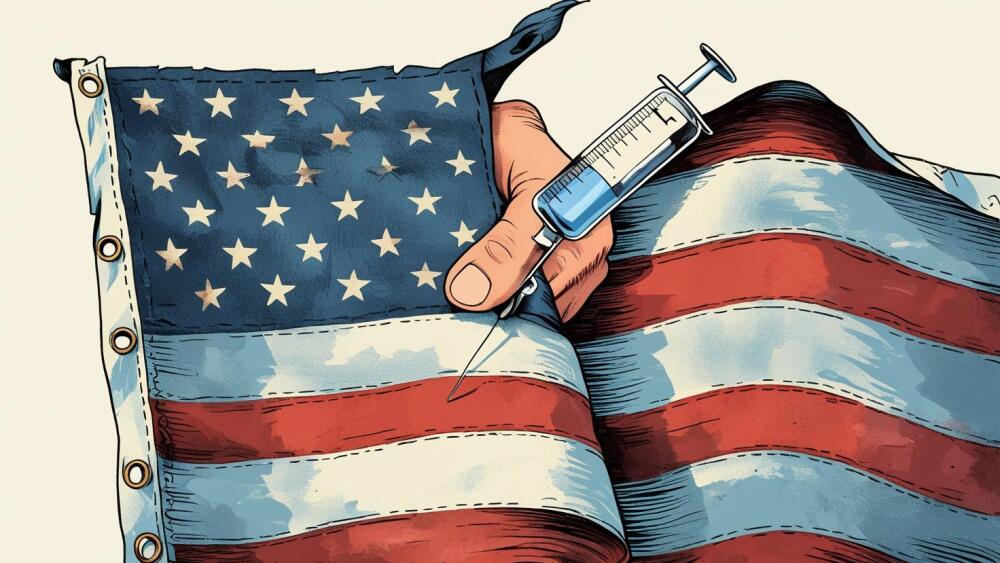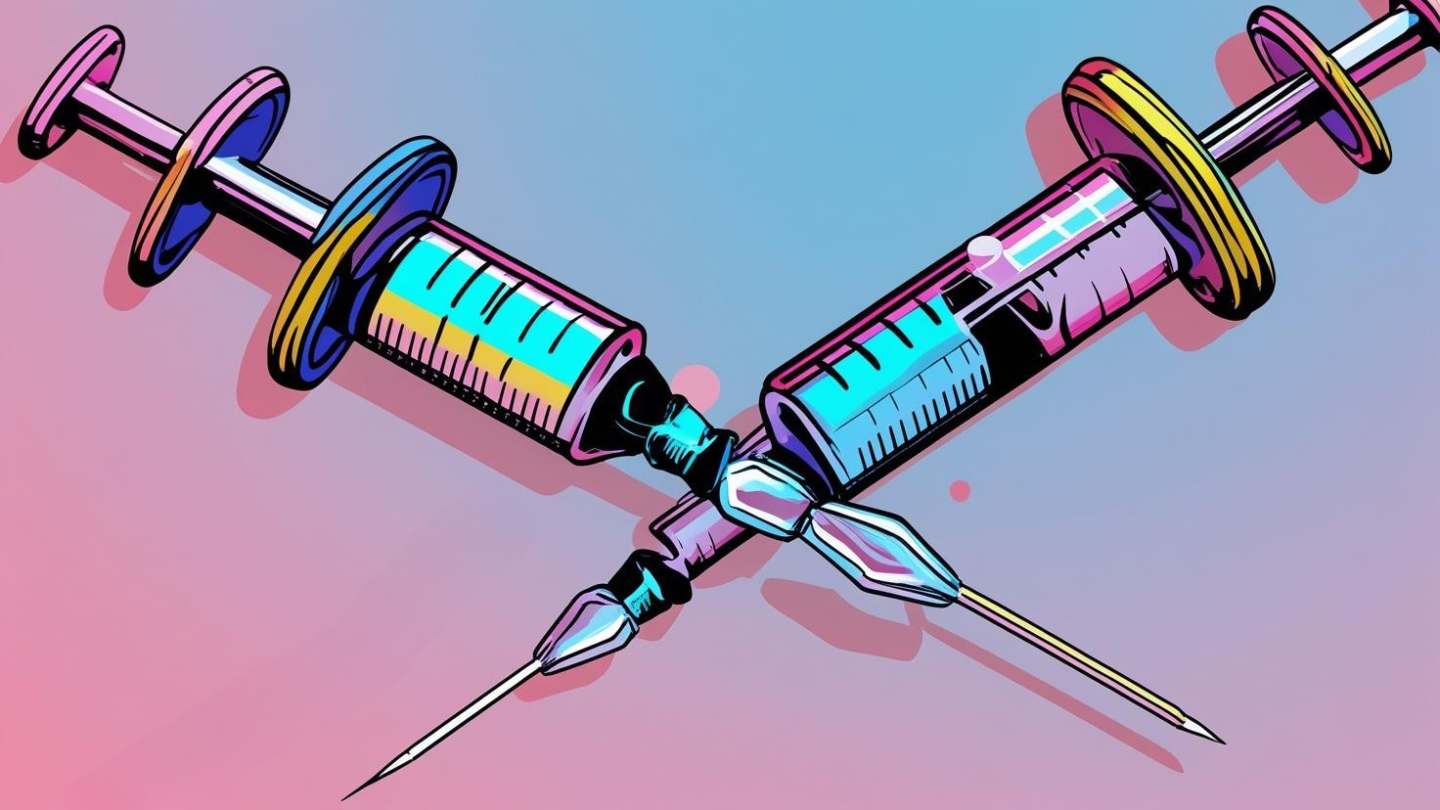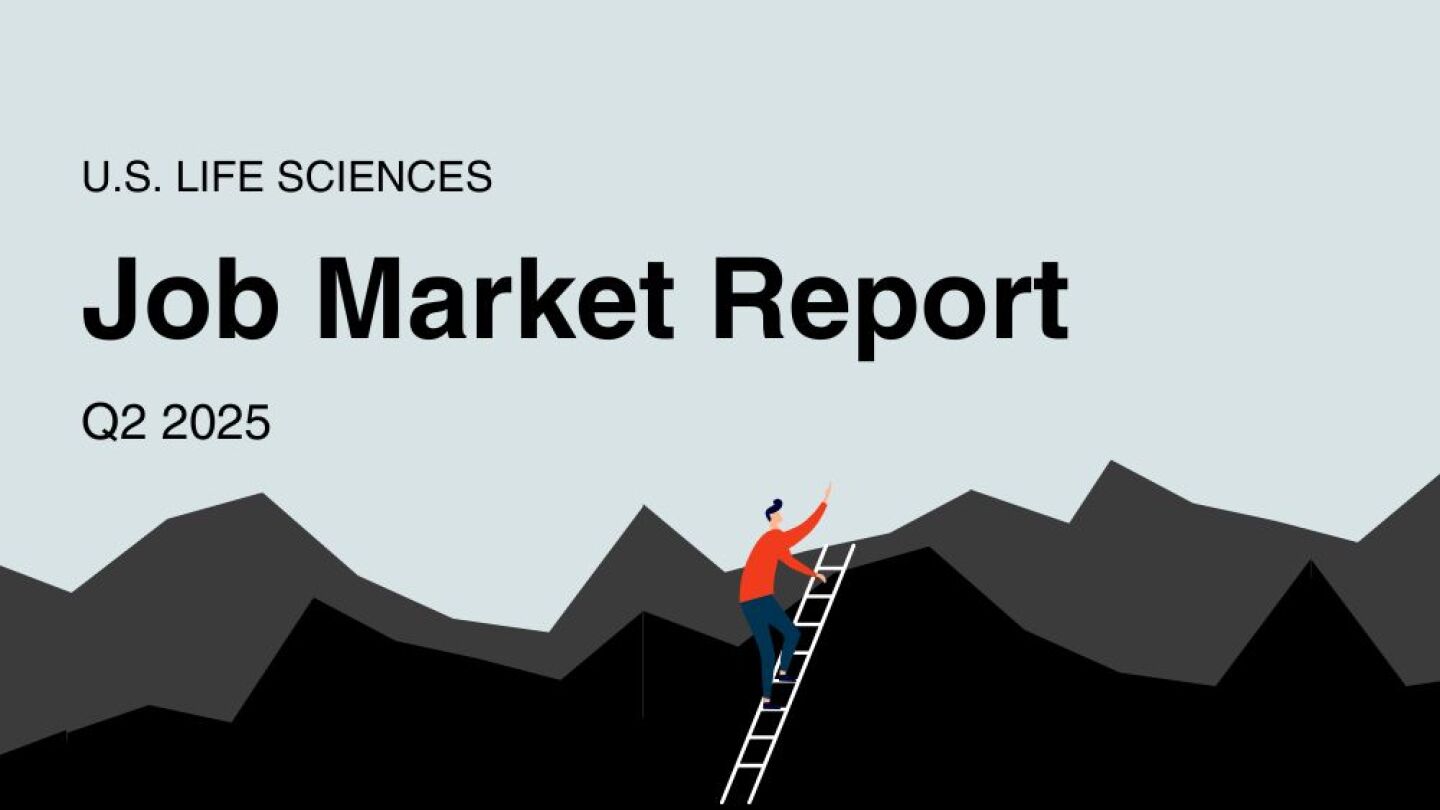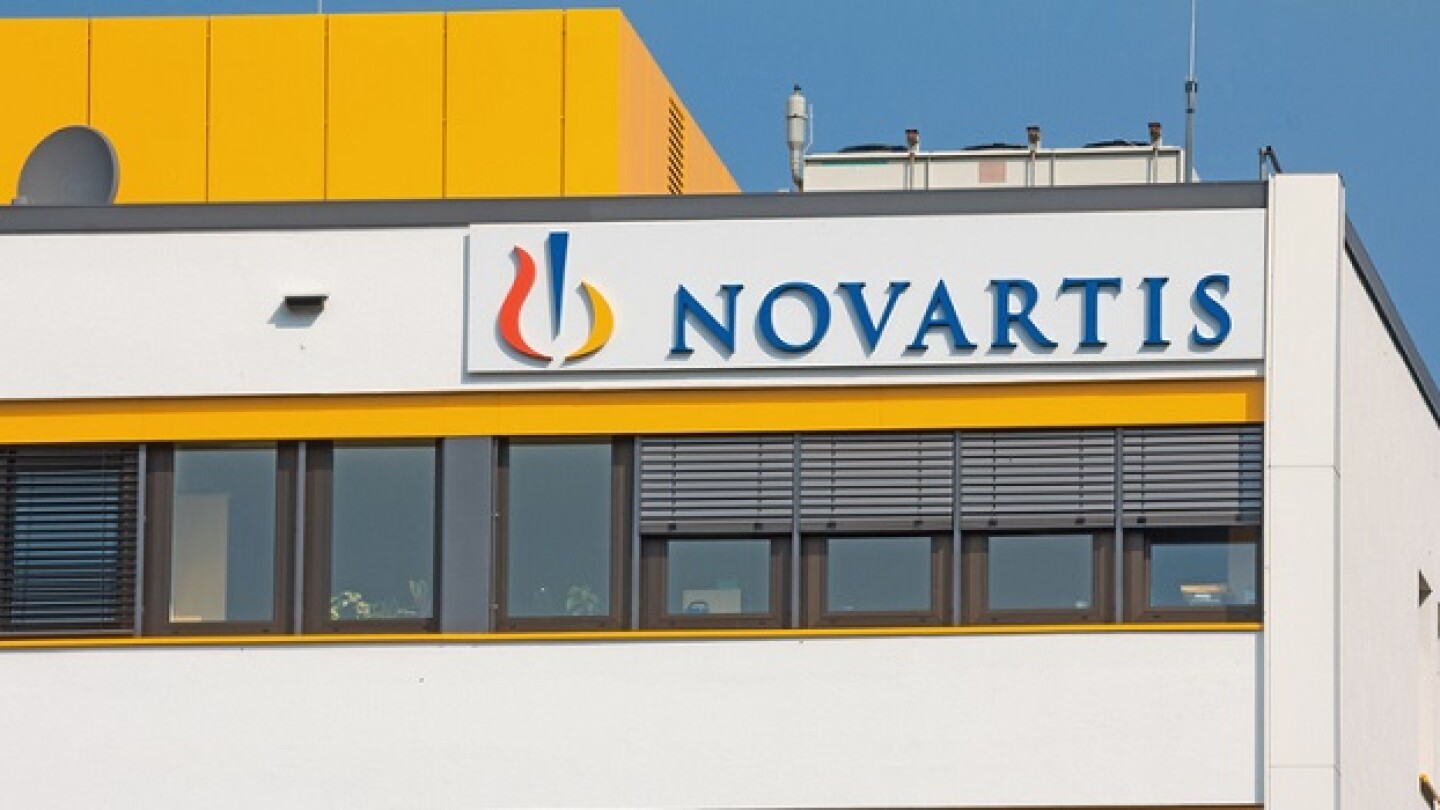News
The number of biopharma professionals let go has increased year over year for three straight months. In July, as many as 8,000 people lost or were projected to lose their jobs, due largely to news that Merck projects to cut roughly 6,000 employees as part of a multiyear process.
FEATURED STORIES
Gene therapies have ridden investor mania to huge valuations but commercialization challenges have pushed market caps to the floor. At a roundtable last week, FDA leaders promised faster approvals and broad support to the industry.
As multiple companies vie to expand on Alnylam’s success in commercializing RNAi therapeutics, the pioneering company has set a goal of targeting small interfering RNA to any tissue by 2030.
Vaccine skepticism is at an all-time high in the U.S., and HHS Secretary Robert F. Kennedy Jr. is making some drastic moves in the name of reversing that trend. But misinformation and inconsistencies within the country’s healthcare agencies highlight problems with his approach.
Job Trends
Positive results from the LAURA Phase III trial showed AstraZeneca’s TAGRISSO® demonstrated a statistically significant and highly clinically meaningful improvement in progression-free survival for patients with unresectable, Stage III epidermal growth factor receptor-mutated non-small cell lung cancer whose tumors have exon 19 deletions or exon 21 mutations, after chemoradiotherapy compared to placebo after CRT.
FROM OUR EDITORS
Read our takes on the biggest stories happening in the industry.
During the COVID-19 pandemic, Health Secretary Robert F. Kennedy Jr.—along with FDA Commissioner Marty Makary and CBER Director Vinay Prasad—argued against vaccine mandates, partly because they limited medical choice. This week, the FDA under their leadership approved updated COVID-19 vaccines with restrictions that do the same.
THE LATEST
Earlier this summer the FDA asked Moderna for more efficacy data on its flu vaccine before it could review an mRNA-based combination shot that targets both influenza and COVID-19. Now, the entire vaccine sector is sizing up a new regulatory world, companies’ next steps uncertain.
The rollercoaster week for Sarepta Therapeutics continued, with shares of the embattled gene therapy-turned-siRNA biotech down 37% Friday afternoon as media outlets reported FDA plans to request a stop to all shipments of the Duchenne muscular dystrophy therapy Elevidys following a third patient death linked to the underlying platform.
Despite the failure, BMS remains “encouraged” by Reblozyl’s clinical activity in myelofibrosis-associated anemia and will approach regulators to discuss potential submissions for this indication, for which few treatment options exist.
The panelists flagged safety concerns with Blenrep and GSK’s failure to optimize its dosing regimen for the antibody-drug conjugate in multiple myeloma.
The patient, who was being treated with an investigational gene therapy for limb-girdle muscular dystrophy, died of acute liver failure, the same complication responsible for the deaths of two boys taking Sarepta’s Duchenne muscular dystrophy treatment Elevidys.
In advance of CMS’ negotiated price for the blood thinner taking effect next year, partners Bristol Myers Squibb and Pfizer pitched the direct-to-consumer program as a way to allow uninsured, underinsured and self-pay patients to pay less out of pocket.
Sarepta Therapeutics appears to have right-sized itself after laying off over a third of its staff, announcing a significant pipeline shift and adding a black box warning to its Duchenne muscular dystrophy gene therapy Elevidys.
The life sciences job market continues to shift. BioSpace’s Q2 2025 U.S. Life Sciences Job Market Report is now available, offering exclusive insights into the latest hiring trends, layoffs, and workforce dynamics across the life sciences industry.
In this episode presented by IQVIA, BioSpace’s head of insights Lori Ellis discusses the evolving role of local qualified persons for pharmacovigilance with Ana Pedro Jesuíno, global head local QPPV network at IQVIA.
In its Q2 earnings call Thursday, Novartis said it is moving quickly to reshore its drug manufacturing operations, but CEO Vas Narasimhan told reporters that for most medicines, it typically takes three to four years to completely relocate production.
















